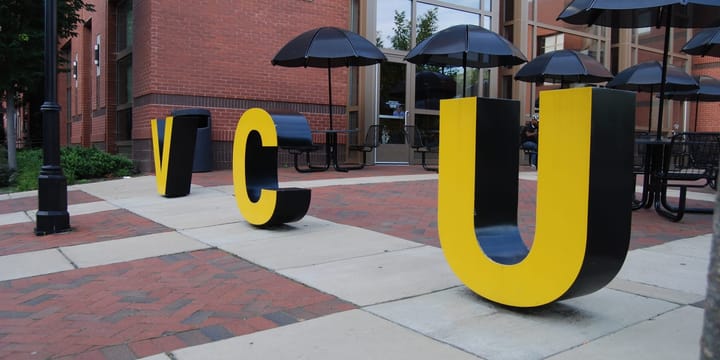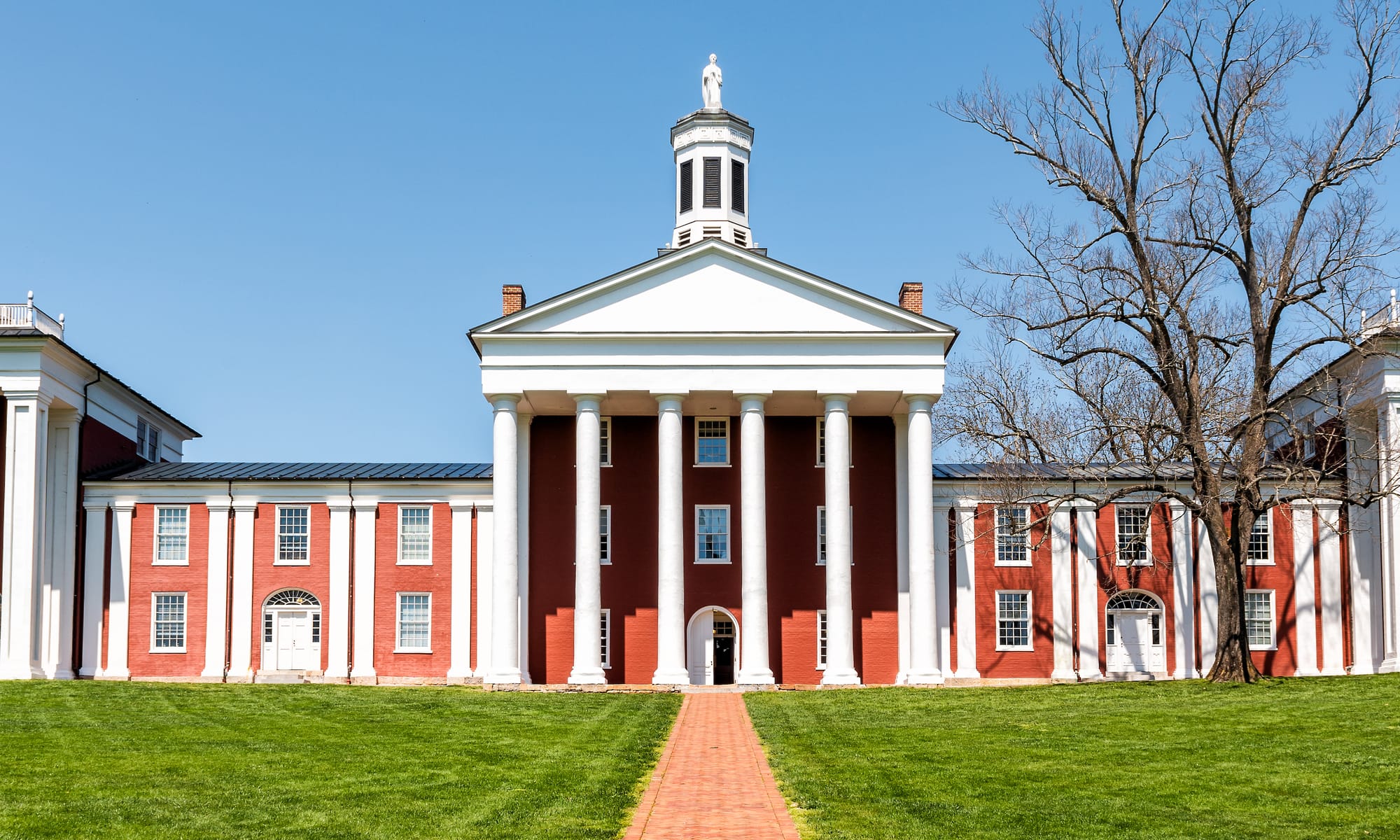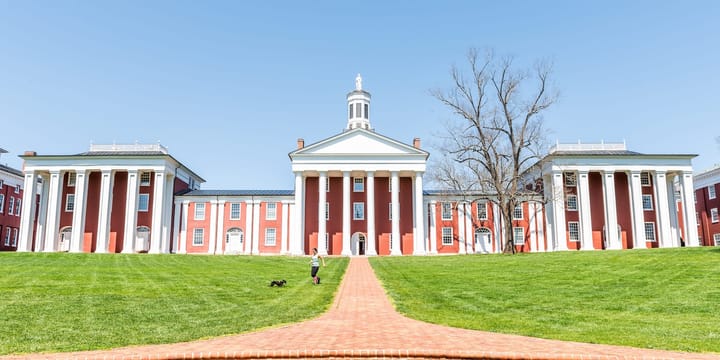VCU preemptively caves on DEI
VCU scrubs race references from scholarships amid federal DEI crackdown.

As reported by VPM, Virginia Commonwealth University (VCU) is rewriting the language of race-based scholarships. The rewrite replaces specific demographic criteria with broader terms in what legal experts call "overcompliance" with evolving federal guidance on diversity programs.
This just goest to show how the federal anti-DEI efforts have a chilling effect without direct intervention, as we've seen at other universities.
What's changing
VCU identified seven scholarships for "immediate action" earlier this year. Three of these already reflect new language, while the other four still await approval.
For example, a 1989 Martin Agency scholarship previously reserved for "rising senior minority students majoring in advertising" now targets students who "overcome barriers to access" with preference for those from financially disadvantaged backgrounds or first-generation college students. (Full disclosure, I've worked alongside the Martin Agency in the past.)
The university has also hired an outside law firm to review 60 additional scholarships, with results set for discussion at the Board of Visitors meeting in mid-September.
The legal landscape and "overcompliance"
The changes stem from multiple pressures:
- The 2023 Supreme Court decision barring race-conscious college admissions
- Federal orders targeting campus diversity programs
- The university's Board of Visitors passing a related resolution in March.
However, many legal experts argue VCU may be going further than required. Boston University law professor Jonathan Feingold is one. He notes the Supreme Court decision was "limited in its application to admissions" and doesn't apply to scholarships. He further states that recent federal guidance declaring race-based scholarships illegal represents the Department of Justice's current interpretation, not established law.
"There's just a sort of widespread phenomenon of universities changing more than what they were required to do," Feingold also related to VPM News in the article referenced here. Universities appear to be preemptively scrubbing racial references to reduce future legal scrutiny and risk.
They are preemptively bowing down because of the climate of fear that has rightly taken hold in academia.
Another law professor, Derek Black from the University of South Carolina suggests that this trend predates the current assault on higher education. He noted, "the Harvard case was moving universities in this direction, regardless of who the current occupant of the White House is." However, he adds that the current federal environment makes institutions "feel like you need to move quicker."
What does this mean for students, present and future?
The changes affect scholarships like one created by VCU alum Victor Narro. It was originally designed for DACA recipients interested in migration studies. After agreeing to remove specific DACA references, the scholarship now targets any history or political science major eligible for in-state tuition under a 2021 law, while maintaining preference for students serving immigrant communities.
Narro remains committed to supporting DACA students despite federal pressure, including recent calls for recipients to self-deport. "These students have done everything that they possibly can do to excel," he said. "These are the cream of the crop students that we want to invest in." These are the very students that public schools like VCU are meant to support and grow.
Former VCU chief diversity officer Faye Belgrave views the language changes as an attempt to "bend over backwards" to comply with perceived discrimination concerns. As universities grapple with similar pressures, VCU's approach reflects a broader institutional shift away from explicit diversity programming toward coded language designed to achieve similar goals while avoiding legal challenges. The scholarship review represents just one facet of the ongoing national debate over diversity, equity, and inclusion programs in higher education.
We can only hope that the rewriting doesn't fundamentally alter the aims of the institution.
Non in cautus futuri.



